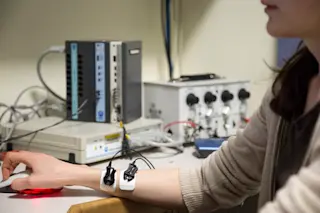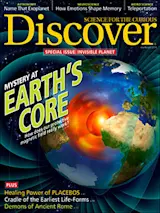David Friedman
Early in her restless, inventive career, Elizabeth Phelps was trying to understand the deep structure of memory by showing word lists to people with amnesia — patients who’d survived a brain injury or stroke but lost the ability to remember. When she’d talk about her work with friends, somebody would eventually ask: What do word lists really have to do with memories — the vivid images and intense emotions that flood the mind? It’s a good question. Why do you remember best the things that really matter to you? That question, among others, led her to explore emotion and the fascinating terrain where memories, fears and stress come together.
Ever since, Phelps — a past president of the Association for Psychological Science and a psychologist at New York University — has pursued questions that get to the heart of what it means to be human. She has investigated ...















